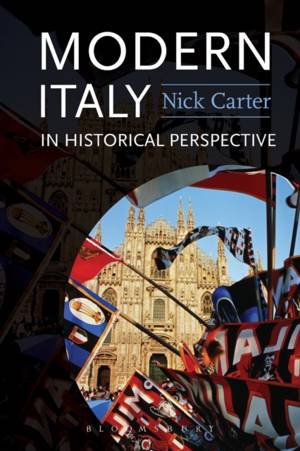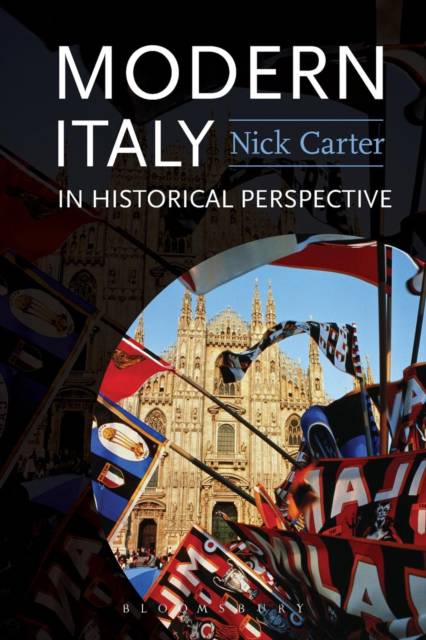
- Retrait gratuit dans votre magasin Club
- 7.000.000 titres dans notre catalogue
- Payer en toute sécurité
- Toujours un magasin près de chez vous
- Retrait gratuit dans votre magasin Club
- 7.000.0000 titres dans notre catalogue
- Payer en toute sécurité
- Toujours un magasin près de chez vous
Description
A sense of failure pervades Italian history: the failure of the Liberal State after unification to democratize, mobilize and modernize Italian politics, economy and society; the rise of Fascism as a reflection of these shortcomings; the problems of the post-war Republic, tainted by corruption, organized crime and terrorism. The notion has arisen of Italy as a deviant nation, unable or unwilling to follow the 'normal' path of state development. These perceptions are the stuff of historical debate, and it is with the ebb and flow of interpretation that this study is principally concerned. In each of the three sections -Liberal Italy, Fascist Italy and Italy from the occupation until the end of the 'First' Republic - Carter describes and evaluates the historiographical contours. The politics, economic developments and society and culture of each period are thoroughly analyzed, and an overview of recent research into hitherto neglected areas of study, such as gender, popular culture, and sport, is also included. This book is an invaluable guide for those wishing to get swiftly to the heart of the issues in modern Italian history.
Spécifications
Parties prenantes
- Auteur(s) :
- Editeur:
Contenu
- Nombre de pages :
- 288
- Langue:
- Anglais
Caractéristiques
- EAN:
- 9780340759011
- Date de parution :
- 01-06-10
- Format:
- Livre broché
- Format numérique:
- Trade paperback (VS)
- Dimensions :
- 156 mm x 234 mm
- Poids :
- 494 g

Les avis
Nous publions uniquement les avis qui respectent les conditions requises. Consultez nos conditions pour les avis.






